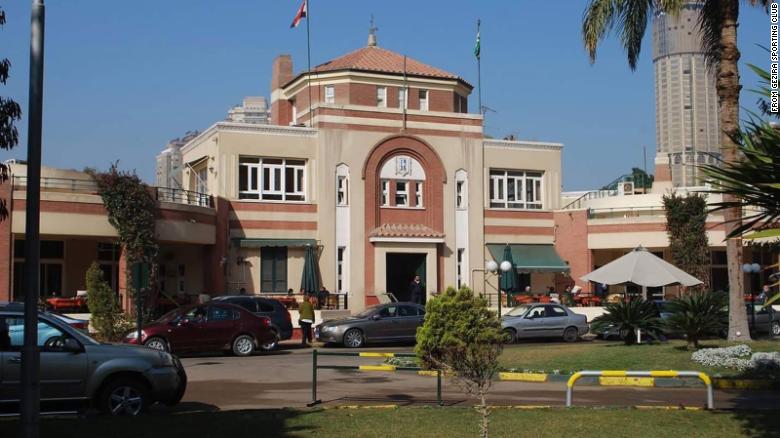Egyptian authorities have arrested a pastry chef for baking cakes with genital-shaped toppings after images of them went viral on social media.
The cakes drew the attention of authorities after a Facebook post showing a group of women eating them at a birthday party in an exclusive Cairo community club went viral, state newspaper Al-Ahram said Monday.
The baker was arrested and later released from custody after posting EGP 5000 ($ 318) bail, semi-official newspaper Akhbar el-Yom said.
The pictures of the women eating cupcakes with penis and vagina-shaped iced toppings at the Gezira Club circulated widely on Facebook this week, stoking debate between Egyptian social media users.
“After investigations, it was possible to determine the manufacturer of the sweets… security services were able to detain her at her residence in Cairo where she was using her home to manufacture the sweets,” said Al-Ahram.
The Ministry of Youth and Sports is investigating.
“We will not be lenient [with our decisions],” Mohamed Fawzy, spokesman for the ministry, told a news program on Egyptian television.
Egypt’s top Islamic religious body Dar al-Ifta also issued a statement saying that sexual insinuations on cakes is religiously forbidden and legally criminalized, calling the incident a “blatant abuse to societal values.”
The incident caused uproar amongst Egyptian social media users and was the highlight of the country’s prime time talk shows.
Some on social media criticized the women involved and called for more action to be taken by authorities, with claims the incident was an attack “on family values.”
But others offered support and criticized Egypt’s slow response to arrest sexual harassers, rapists and abusers compared to measures being taken against the women.
Since taking power in 2014, Egyptian President Abdel Fattah el-Sisi has passed a number of laws tightening government control of the internet.
One piece of legislation strengthened the government’s ability to target social media as part of continued efforts to crack down on dissent, including categorizing social media accounts with more than 5,000 followers as public websites and therefore worthy of surveillance.
Last week, an Egyptian appeals court overturned prison sentences for two well-known TikTok influencers, in a high-profile public morality case.
Haneen Hossam and Mawada Eladhm had been charged with “violating family values and principles and establishing and running online accounts to commit this crime.”
They were initially sentenced to two years in prison in July 2020, and fined EGP 300,000 (around $ 19,000 USD) each.
>>>>


